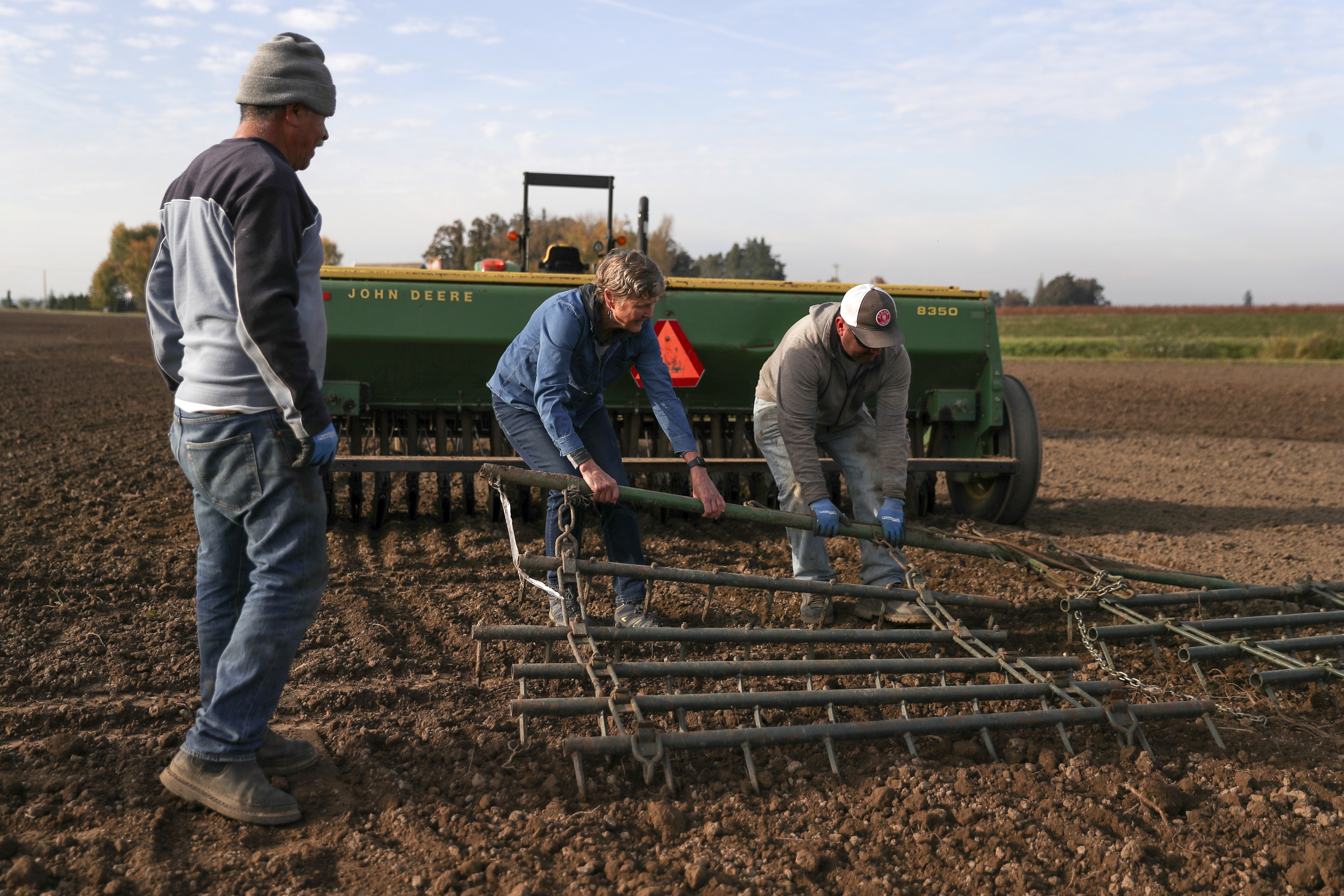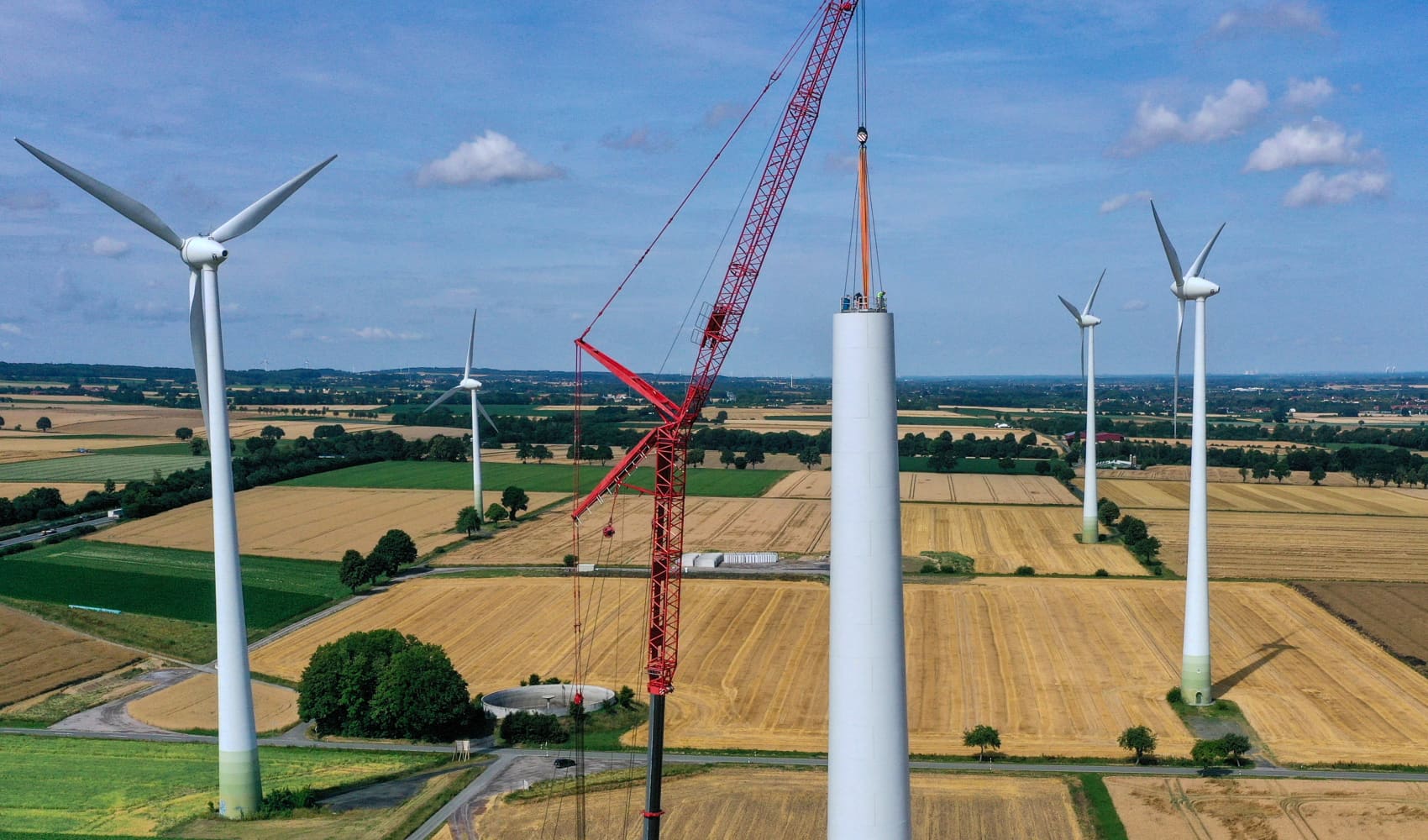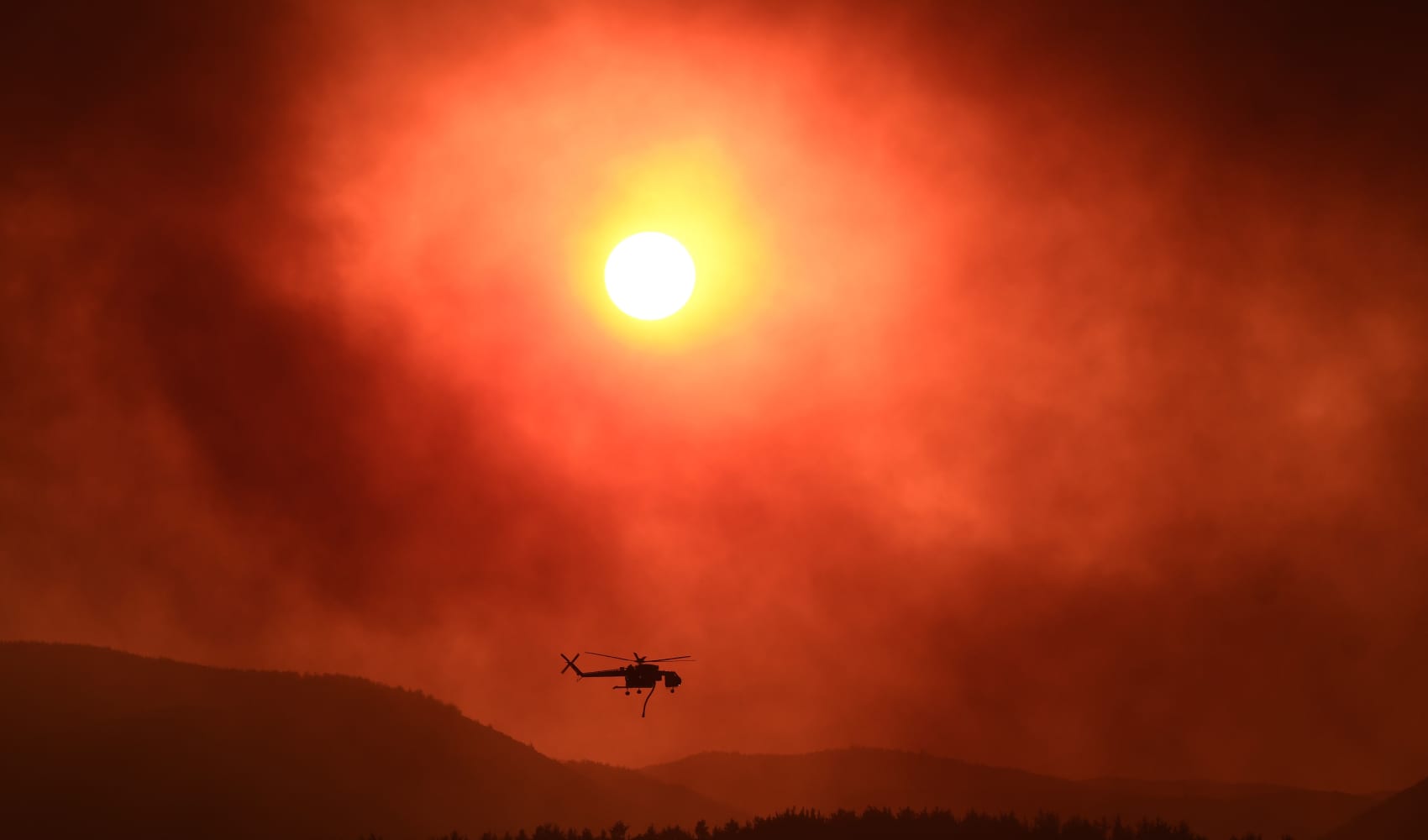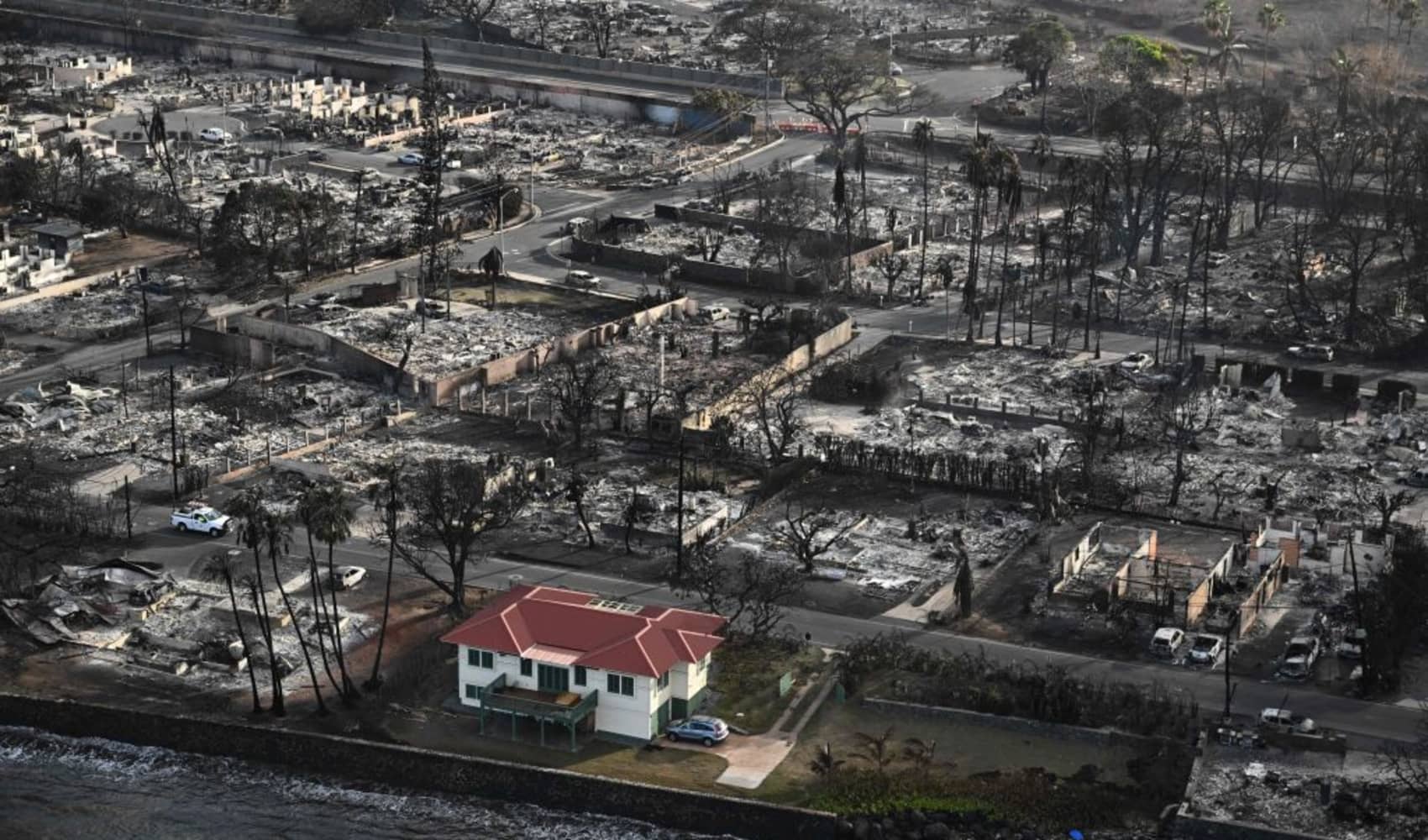The world is off track in its efforts to curb global warming in 41 of 42 important measurements and is even heading in the wrong direction in six crucial ways, a new international report calculates.
The only bright spot is that global sales of electric passenger vehicles are now on track to match what’s needed — along with many other changes — to limit future warming to just another couple tenths of a degree, according to the State of Climate Action report released Tuesday by the World Resources Institute, Climate Action Tracker, the Bezos Earth Fund and others.
On the flip side, public money spent to create more fossil fuel use is going in the wrong direction and faster than it has in the past, said study co-author Kelly Levin, science and data director at the Bezos Earth Fund.
“This is not the time for tinkering around the edges, but it’s instead the time for radical decarbonization of all sectors of the economy,” Levin said.
Get top local stories in Philly delivered to you every morning. Sign up for NBC Philadelphia's News Headlines newsletter.
“We are woefully off track and we are seeing the impact of inaction unfold around the world from extensive wildfire fires in Canada, heat-related deaths across the Mediterranean, record high temperatures in South Asia and so on," she said.
Later this month, crucial international climate negotiations start in Dubai that include the first time world negotiators will do a global stocktake on how close society is to meeting its 2015 climate goals. In advance of the United Nations summit, numerous reports from experts are coming out assessing Earth’s progress or mostly the lack of it, including a United States national assessment with hundreds of indicators. Tuesday’s 42 indicators offers one of the grimmest report cards, detailing multiple failures of society.
US & world news
The report looks at what’s needed in several sectors of the global economy — power, transportation, buildings, industry, finance and forestry — to fit in a world that limits warming to 1.5 degrees Celsius (2.7 degrees Fahrenheit) over pre-industrial times, the goal the world adopted at Paris in 2015. The globe has already warmed about 1.2 degrees Celsius (2.2 degrees Fahrenheit) since the mid 19th century.
Six categories — the carbon intensity of global steel production, how many miles passenger cars drive, electric buses sold, loss of mangrove forests, amount of food waste and public financing of fossil fuel use — are going in the wrong direction, the report said.
“Fossil fuel consumption subsidies in particular reached an all-time high last year, over $1 trillion, driven by the war in Ukraine and the resulting energy price spikes,” said report co-author Joe Thwaites of the Natural Resources Defense Council environmental group.
Another six categories were considered “off track” but going in the right direction, which is the closest to being on track and better than the 24 measurements that are “well off track.” Those merely off track include zero-carbon electricity generation, electric vehicles as percentage of the fleet, two- and three-wheel electric vehicle sales, grazing animal meat production, reforestation and share of greenhouse gas emissions with mandatory corporate climate risk reporting requirements.
People should be worried that this report is one of ’’too little, too late,” said University of Arizona climate scientist Katharine Jacobs, who wasn’t part of the report but praised it for being so comprehensive.
“I am not shocked that at a global scale we are not meeting expectations for reducing emissions,” Jacobs said in an email. “We cannot ignore the fact that global commitments to (greenhouse gas) reductions are essentially unenforceable and that a number of major setbacks have taken a toll on our progress.”
When trying to change an economy, the key is to start with “low-hanging fruit, i.e., the sectors of the economy that are easiest to transition and give a big bang for your buck,” said Dartmouth climate scientist Justin Mankin, who isn’t part of the report. But he said the report shows “we’re really struggling to pick the low-hanging fruit."







